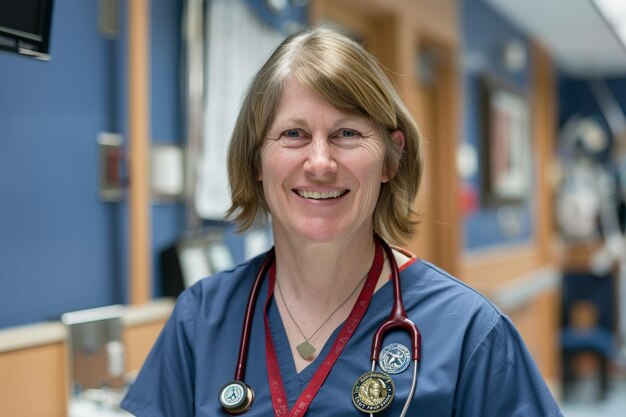What Degrees, Certifications, and Licenses are Needed to Become a Nurse?
Embarking on a nursing career is a journey that blends passion, patience, and a robust educational foundation. At its core, becoming a nurse requires dedication to both learning and hands-on patient care. The path typically begins with obtaining a degree in nursing; prospective nurses often choose between an Associate Degree in Nursing (ADN), which generally takes two years, or a Bachelor of Science in Nursing (BSN), a more extensive four-year program. While an ADN can expedite entry into the professional world, a BSN is increasingly recommended due to its comprehensive curriculum and the advanced opportunities it unlocks in the field.
Upon completing the degree, aspiring nurses must pass the NCLEX-RN to secure licensure, allowing them to practice as Registered Nurses (RNs) legally. However, the pursuit of knowledge doesn't stop there. Many RNs opt to further specialize by obtaining certifications in areas like critical care, pediatrics, or gerontology, enhancing their expertise and career prospects. Educational advancement, such as pursuing a Master of Science in Nursing (MSN) or even becoming a Nurse Practitioner, can further elevate a nurse's career, positioning them for leadership roles within healthcare settings. This array of educational and certification choices underscores the importance of selecting the right pathway that aligns with one’s career ambitions in nursing.
Pathways to a Nursing Career:
- 🎓 Associate Degree in Nursing (ADN): 2 years
- 🎓 Bachelor of Science in Nursing (BSN): 4 years
- ✅ Licensure: Pass the NCLEX-RN exam
- 📜 Specialty Certifications: Varied durations, depending on specialization
- 🎓 Master of Science in Nursing (MSN): Additional 1.5 to 2 years
- 🚀 Advanced Practice Roles: Become a Nurse Practitioner or specialize further
These programs not only provide the essential training needed for effective patient care but also pave the way for advanced roles in healthcare leadership.
